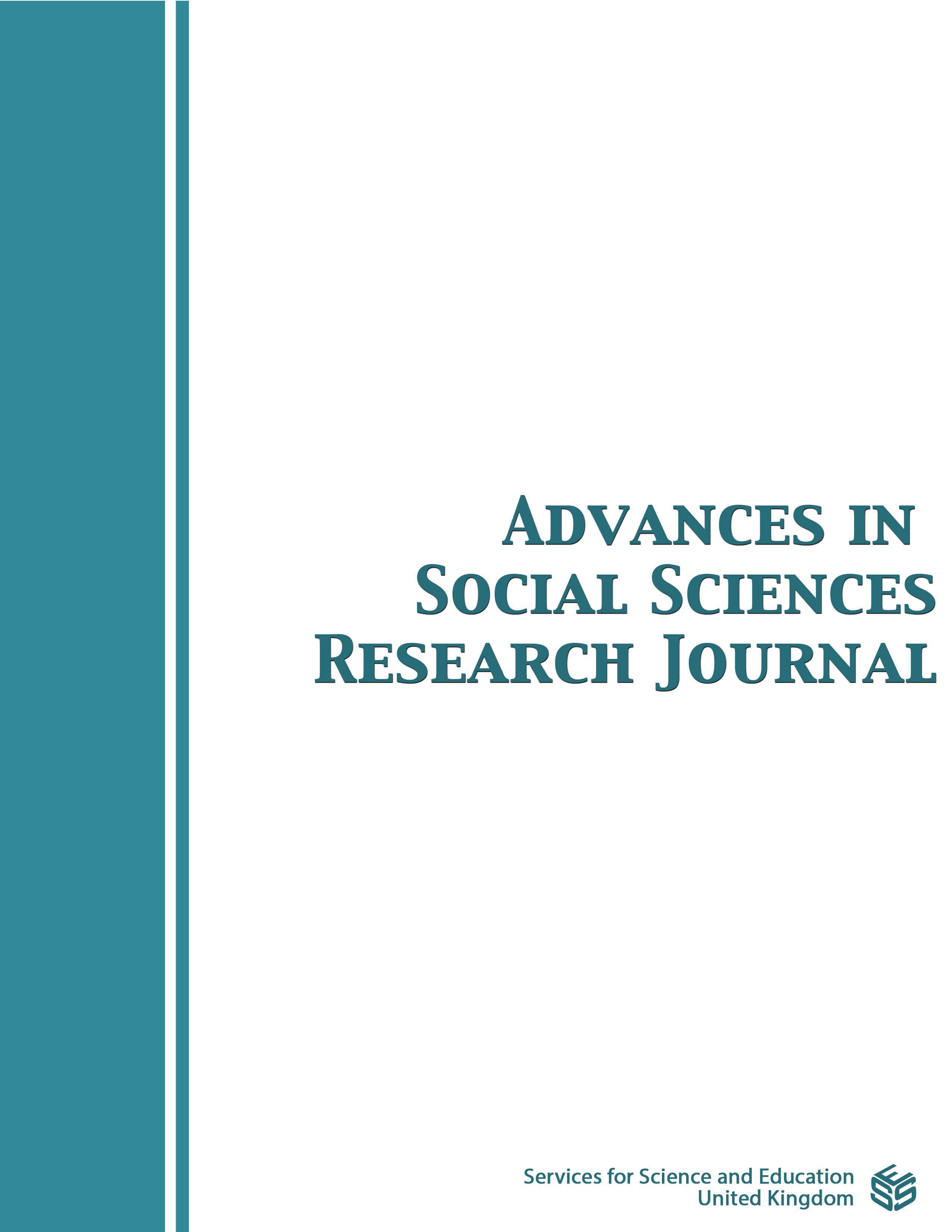Gender Bias in Korean Spousal Terms: Insights from An Online Survey and Comparisons with Japanese and Chinese
DOI:
https://doi.org/10.14738/assrj.115.16955Keywords:
gender bias, spousal terms, married couples, social values, Korean languageAbstract
This research investigates gender bias in Korean spousal terms through an online survey conducted among Koreans (101 women and 134 men) from October 2023 to February 2024. Comparative analysis reveals that the gender bias in Korean aligns closer with that of Japanese than Chinese. Terms such as "바깥양반ba-kkat-yang-ban" (outer nobleman) and "집사람jib-sa-lam" (a person at home), emphasizing traditional gender roles, bear resemblances to "主人shu-jin" (master) and "家内ka-nai" (one inside the house) in Japanese. Korean couples also use terms based on their children's names when addressing each other publicly and privately, mirroring a practice observed between Japanese couples. Nevertheless, Korean spousal terms present specific features. For instance, "여보yeo-bo"(darling), exclusively used between spouses, signifies progress toward gender equality within the couple's relationship. Moreover, there is a noticeable uptick in men's use of the loanword "와이프wa-i-peu" (wife), and women's preference for the term "남편nam-pyeon" (male side), reflecting a growing awareness of gender equality. The results indicate that Korean spousal terms still reflect traditional male-dominated values, but are gradually improving. Further research is needed to elucidate the underlying reasons for gender bias hidden in spousal terms across East Asia.
Downloads
Published
How to Cite
Issue
Section
License
Copyright (c) 2024 Nin Ri

This work is licensed under a Creative Commons Attribution 4.0 International License.
Authors wishing to include figures, tables, or text passages that have already been published elsewhere are required to obtain permission from the copyright owner(s) for both the print and online format and to include evidence that such permission has been granted when submitting their papers. Any material received without such evidence will be assumed to originate from the authors.






